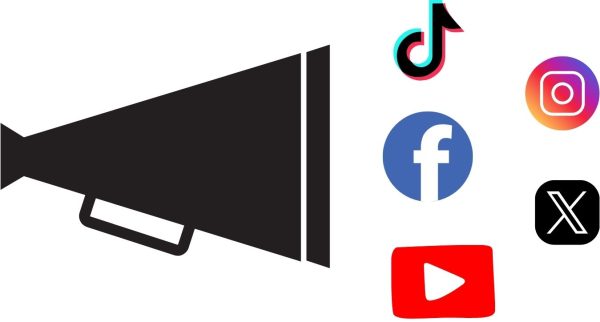Letter to the editor: Proposed minimum wage increase harmful to economy
After reading Wilson Bryan’s recent Echo article on the minimum wage, I felt stirred to voice my opinion on the matter. It is not that I think myself more intelligent than he; in fact, I’m sure he is my superior in many areas. But I have spent considerable time and energy studying economics (my hope being that I will one day become a professional economist) and I believe my input on the minimum wage will be at least insightful, if not persuasive.
Let me first begin by saying that I have great sympathy for those working for minimum wage, especially those with a family to support. It is not out of any prejudice toward them that I derive my position. My objections to the proposed increase in the minimum wage, and indeed the existence of such a minimum, are based on sound economic theory and libertarian ethics. Here are the reasons for my opposition:
1.) A government-mandated minimum-price which is above that which the market would otherwise set must result in a surplus. We call a surplus of labor unemployment. So while some lucky employees will receive raises, some will be fired and those currently unemployed will not be able to find jobs at all.
2.) The minimum wage hurts blacks. Since the minimum wage reduces the number of employees a business is able to hire, black teenagers will be unable to find work and will thus be unable to gain work experience. While this is true also for whites, black teenagers are more likely to have poor parents who are unable to send their children to college. Therefore, gaining work experience at an early age is more important to the average black American than it is to the average white or Asian American. No wonder why the Nobel Prize winning economist Milton Friedman dubbed the minimum wage “the most anti-negro law on the books.”
3.) It has been argued that a rise in the minimum wage will be good for the economy, since more people will have more money to spend and thus consumption will increase. (For sake of argument, let me for a moment concede that a minimum wage hike would not increase the unemployment rate; that the extra wages paid to the employees will also not come out of an increase in prices but out of the employer’s profits.) It is true that if the minimum wage is increased under the circumstances just mentioned, then consumption will increase. But consumption of what? Consumption of consumer goods, of course. This will undeniably induce inflation since there will be an increase in demand without a corresponding increase in supply. But because the employers will have less money, they will not invest as much. The demand for producer’s goods will diminish, thus hurting those working in the producer’s goods industries. To explain the full implications of this phenomenon would take longer and it is my intention to be brief. It is enough to say that the structure of production is changed for the worse after a minimum wage hike. It is not at all an “economic stimulus.”
4.) The employer has a right to pay his employees whatever the employees will accept; it is a mutually-agreed-upon contract between them. If someone wants to work for $5.00 an hour, why should he/she be forbidden from doing so? This is a serious ethical dilemma – one which is often brushed aside by those in favor of the minimum wage.
I sincerely hope that these points will be seriously considered by everyone who reads them.
– Tyler L. Curtis
RHS Student







